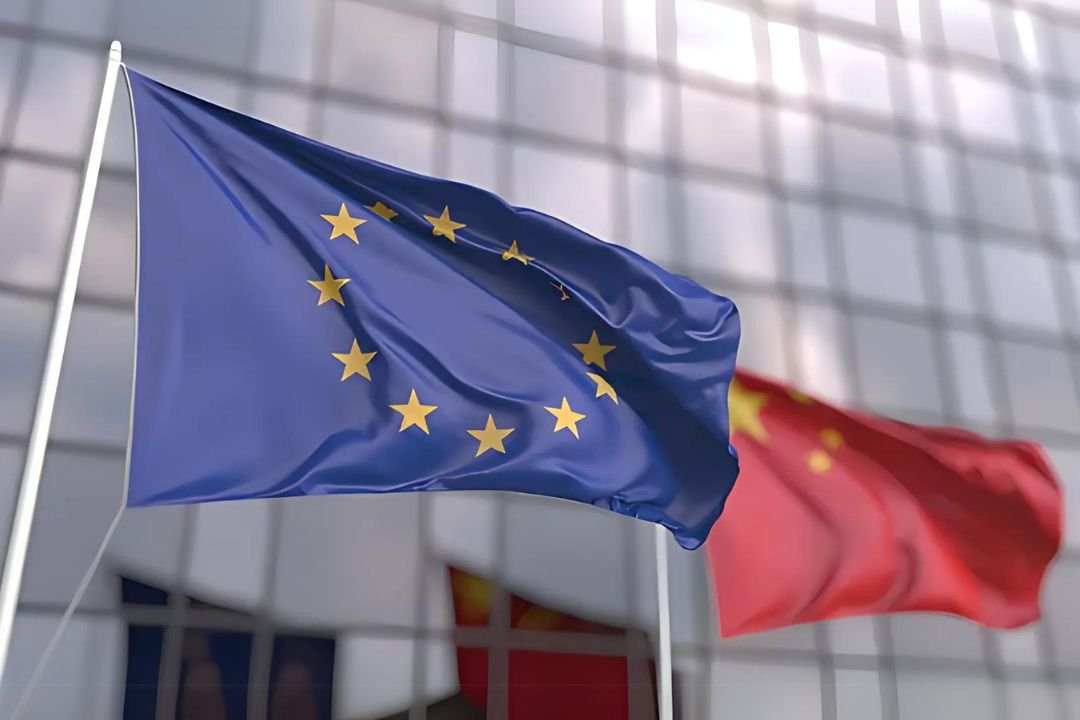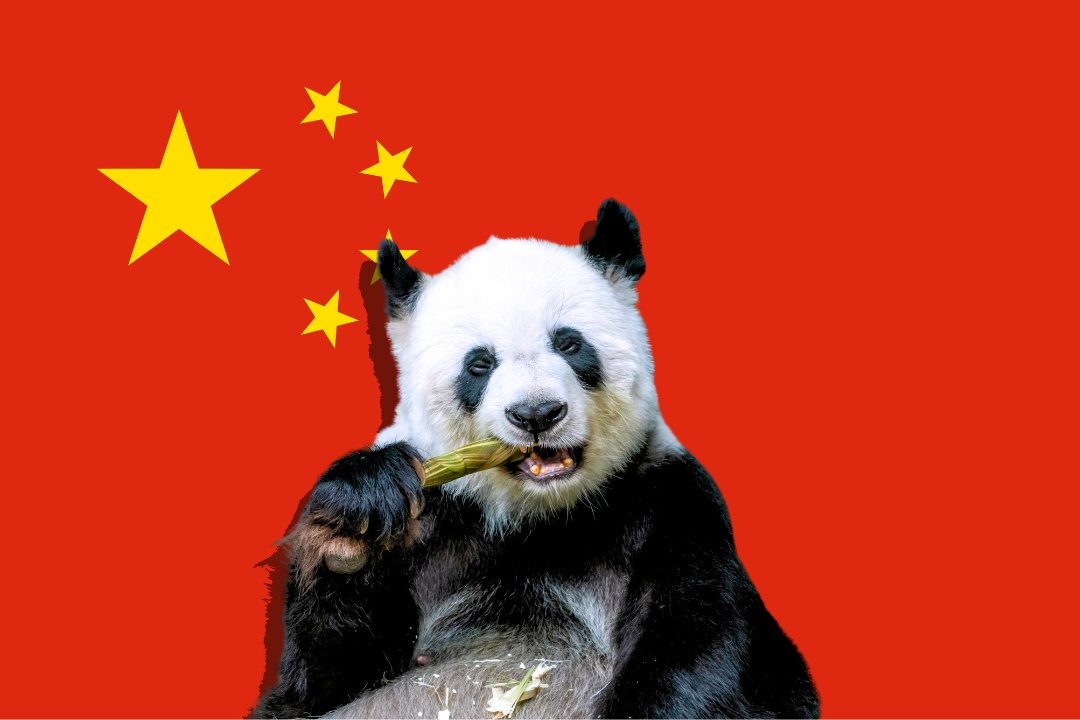China has called on France to take a more proactive approach in encouraging the European Commission to find a mutually acceptable resolution for the electric vehicle (EV) industry. This appeal comes from Beijing’s commerce ministry, which quoted its minister, Wang, during discussions regarding trade tensions between China and the European Union.
Last year, the EU initiated an anti-subsidy investigation into the imports of battery electric vehicles manufactured in China. In October, the bloc voted in favor of imposing tariffs on these vehicles, a move that has raised concerns in Beijing. In response to these developments, China has also begun its investigations into European agricultural products, including pork and dairy, and recently imposed temporary anti-dumping measures on brandy imported from the EU.
Wang emphasized that China is committed to conducting its investigations with a strict adherence to legal frameworks. “China will continue to conduct investigations in strict accordance with the law, safeguard the legitimate rights of enterprises of EU member states, including France, and make rulings based on facts and evidence,” the ministry statement noted.
Despite these tensions, Wang expressed China’s willingness to collaborate with the European Commission in pursuit of a “proper solution,” although he did not provide further details on what this might entail. This statement reflects a desire for dialogue amid ongoing trade disputes, suggesting that both sides may still seek common ground.
The investigations initiated by China into EU dairy products began in August, following earlier probes into pork intended for human consumption that commenced in June. These actions indicate a broader pattern of trade scrutiny that has arisen in response to the EU’s actions against Chinese EV imports.
As both China and the EU navigate these complex trade dynamics, the relationship between the two regions appears increasingly fraught with challenges. However, the emphasis on finding a solution suggests that both parties recognize the importance of their economic ties and the potential benefits of cooperation in the electric vehicle sector.










